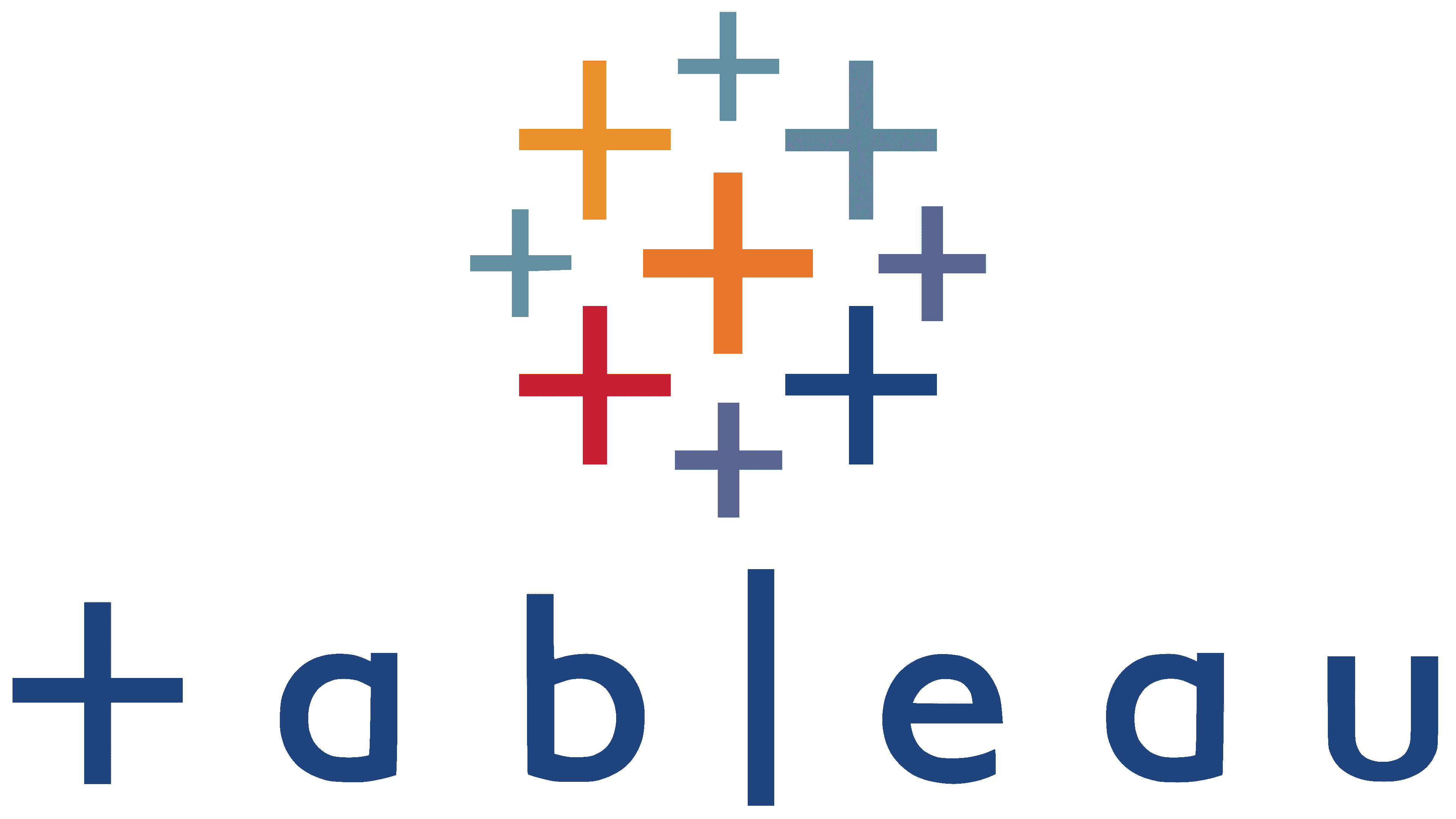
A law firm can benefit from using Tableau, a powerful data visualization and business intelligence tool, to analyze, visualize, and understand various aspects of their operations. By leveraging Tableau, law firms can gain valuable insights, make data-driven decisions, and improve overall performance. Some of the benefits include:
- Enhanced data analysis: Tableau allows law firms to analyze large volumes of data from multiple sources easily. Lawyers can use Tableau to identify trends, patterns, and correlations in the data that may not be apparent through traditional reporting methods.
- Improved decision-making: By visualizing and understanding complex data, law firms can make informed decisions related to case strategies, resource allocation, client acquisition, and financial management. This leads to better outcomes and increased profitability.
- Customizable dashboards: Tableau enables law firms to create customized, interactive dashboards that display relevant and real-time data. These dashboards can be tailored to specific practice areas, individual attorneys, or firm-wide performance metrics, allowing users to monitor key performance indicators (KPIs) and make data-driven decisions.
- Time savings: Tableau’s intuitive interface and drag-and-drop functionality make it easy for users to create visualizations and analyze data quickly, without requiring extensive technical expertise. This saves time and allows lawyers to focus on their core competencies.
- Enhanced collaboration: Tableau fosters collaboration within a law firm by allowing users to share insights, visualizations, and dashboards with colleagues. This ensures that everyone has access to the same information and can work together to identify opportunities for improvement and growth.
- Scalability: Tableau can scale with a law firm as it grows, accommodating increased data volumes and users. This ensures that the firm can continue to benefit from data-driven insights as its needs evolve.
- Competitive advantage: In an increasingly competitive legal landscape, using Tableau to uncover insights and trends can help law firms gain a competitive advantage. By making better decisions and optimizing processes, law firms can improve client satisfaction, win more cases, and attract new business.
In summary, a law firm can benefit from using Tableau to enhance data analysis, improve decision-making, save time, foster collaboration, and gain a competitive advantage.

By leveraging the powerful features of Tableau, law firms can optimize their operations, deliver better client services, and ultimately drive growth and success.
Why Would A Law Firm Benefit From Integration Tableau With Salesforce?
A law firm can benefit significantly from integrating Tableau with Salesforce, as this combination provides a comprehensive solution for data analysis, visualization, and customer relationship management.

Integrating Tableau with Salesforce enables law firms to make more informed decisions, enhance efficiency, and optimize their operations. Some of the benefits of this integration include:
- Unified data source: Integrating Tableau with Salesforce allows law firms to access and analyze data from both platforms in a single location. This provides a more comprehensive view of the firm’s performance, client interactions, and other key metrics, enabling better decision-making.
- Enhanced data analysis and visualization: By leveraging Tableau’s powerful visualization capabilities, law firms can easily analyze and interpret Salesforce data, including client demographics, case history, billable hours, and revenue. This allows firms to identify trends, patterns, and opportunities for improvement, driving better business outcomes.
- Customized dashboards and reports: Law firms can create tailored, interactive dashboards and reports in Tableau that focus on specific aspects of their Salesforce data. This provides valuable insights into client relationships, case progress, team performance, and other areas essential to the firm’s success.
- Improved collaboration: Integrating Tableau with Salesforce allows users to share visualizations and insights with colleagues, promoting better collaboration and communication among team members. This ensures everyone has access to the same information and can work together to optimize processes and deliver better client services.
- Real-time insights: With the integration, law firms can access real-time data from Salesforce in Tableau, allowing them to make more timely and informed decisions. This is particularly beneficial for areas like resource allocation, case management, and client acquisition.
- Streamlined processes: By consolidating data analysis and visualization in one platform, the integration of Tableau and Salesforce reduces the need for manual data manipulation and multiple tools. This streamlines processes, enhances efficiency, and saves time for lawyers and other staff members.
- Competitive advantage: Law firms that harness the power of Tableau and Salesforce integration can gain a competitive edge in the market. By leveraging data-driven insights, firms can optimize their operations, identify growth opportunities, and deliver better client services, positioning them for success in a competitive landscape.
In summary, a law firm can benefit from integrating Tableau with Salesforce by unifying data sources, enhancing data analysis and visualization, improving collaboration, and streamlining processes.

By combining the strengths of both platforms, law firms can make more informed decisions, optimize their operations, and gain a competitive advantage.
Why Does Having Tableau Give Your Law Firm An Edge?
Having Tableau gives a law firm an edge because it provides powerful data visualization and analysis capabilities that enable the firm to make data-driven decisions, optimize operations, and better serve clients. By leveraging Tableau, law firms can gain a competitive advantage in the following ways:
- Enhanced data analysis: Tableau allows law firms to analyze large volumes of complex data from multiple sources easily. This helps identify trends, patterns, and correlations that might not be apparent through traditional reporting methods, providing valuable insights to drive better decision-making.
- Improved decision-making: Tableau’s visualizations enable lawyers and staff to quickly understand complex data and make more informed decisions in various areas, including case strategies, resource allocation, client acquisition, and financial management. This can lead to better outcomes, increased profitability, and a competitive edge.
- Customizable dashboards: Tableau enables law firms to create customized, interactive dashboards displaying real-time data on key performance indicators (KPIs). These dashboards can be tailored to specific practice areas, individual attorneys, or firm-wide performance metrics, allowing users to monitor progress and make data-driven decisions.
- Time savings: Tableau’s intuitive interface and drag-and-drop functionality make it easy for users to create visualizations and analyze data quickly, without requiring extensive technical expertise. This saves time and allows lawyers to focus on their core competencies, such as client services and case management.
- Enhanced collaboration: Tableau fosters collaboration within a law firm by allowing users to share insights, visualizations, and dashboards with colleagues. This ensures that everyone has access to the same information and can work together to identify opportunities for improvement and growth.
- Scalability: Tableau can scale with a law firm as it grows, accommodating increased data volumes and users. This ensures that the firm can continue to benefit from data-driven insights as its needs evolve.
- Competitive advantage: In an increasingly competitive legal landscape, using Tableau to uncover insights and trends can help law firms gain a competitive advantage. By making better decisions and optimizing processes, law firms can improve client satisfaction, win more cases, and attract new business.
In summary, having Tableau gives a law firm an edge by enhancing data analysis, improving decision-making, saving time, fostering collaboration, and providing scalability. By leveraging the powerful features of Tableau, law firms can optimize their operations, deliver better client services, and ultimately drive growth and success.

